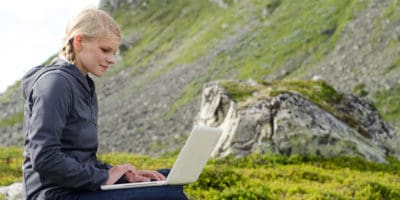A place is a portion of geographic space with a distinctive identity. Places have four elements: physical site, people, economic functions and cultural landscape. Each of these elements interact and can change over time. There are also inward and outward flows of people, resources, money and investment between each place and other connected places.
What questions do geographers ask?
You can ask geographical questions about anywhere on the coast. Photographs, map views and Google Earth views can help you. Here are some examples.
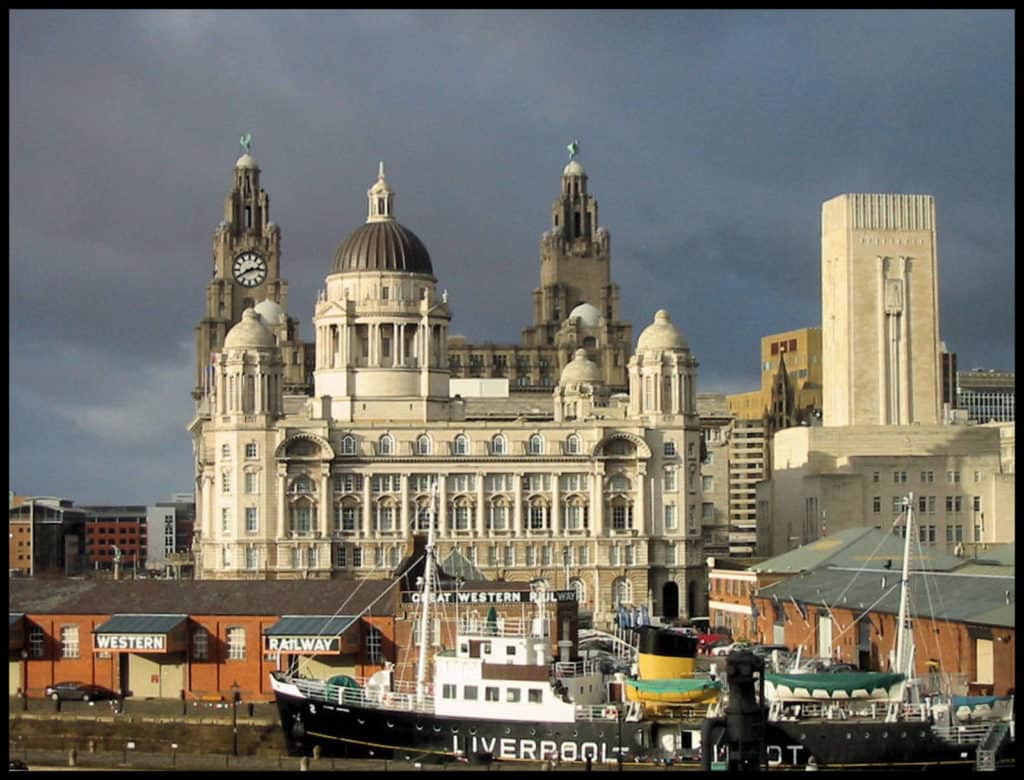
- What is your mental image of Liverpool?
- Why do you think that you have that mental image of Liverpool?
- Has your mental image of Liverpool changed over time?
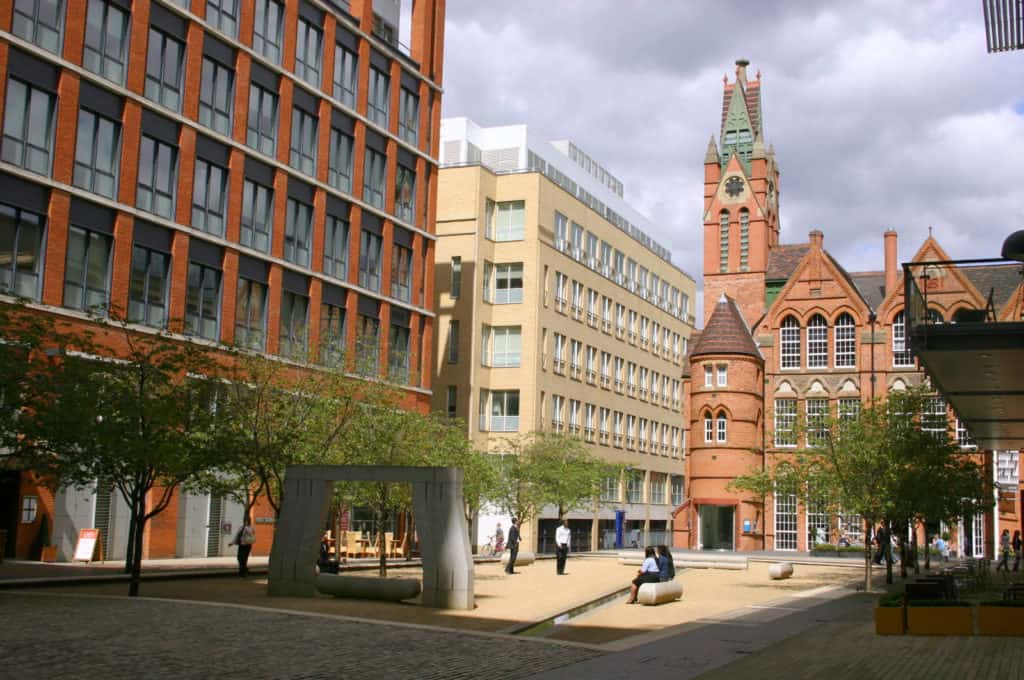
- How do people use this place?
- Is it a successful place?
- Could you contrast how people’s identity (e.g. office worker, visitor) affects their use of this place?
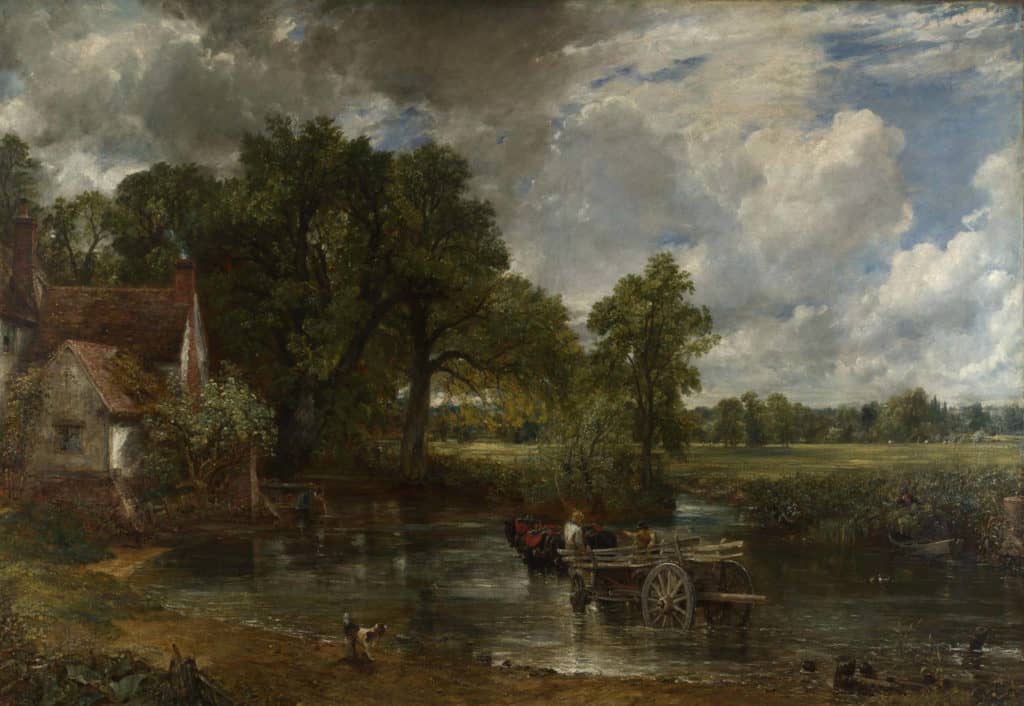
Explore paintings, novels, television and film to find informal representations of place.
- How has John Constable represented the place of East Bergholt?
- Is it an accurate representation?
- How is this place linked to other places?
What could you investigate by fieldwork?
Here are some examples. Each research question has been split into 2 or 3 sub-questions.
| Research questions | Sub questions |
|---|---|
| How and why are there differences in the lived experience of place for two groups of people at place x? | How do people in each group perceive x? How do people in each group actually use space in place x? What is the explanation for differences in perception and actual use of space? |
| How and why are there differences in formal and informal representations of place x? | How is place x represented formally (e.g. census data)? How is place x represented informally (e.g. in media)? Why do the representations differ? |
| How successful has the rebranding/placemaking effort been at place x? | What rebranding/placemaking effort has happened at place x? What were the aims of rebranding/placemaking? Does a comparison of before and after show an improvement? |
Specialised geographical concepts
A good way to demonstrate challenge in your choice of research question and/or sub questions is to consider one or more of the specialised geographical concepts. Here are a few suggestions:
| Specialised concept | Research question or sub question |
|---|---|
| Representations | How and why are there differences in formal and informal representations of place x? |
| Representations | How and why is place x represented differently in marketing literature produced for different audiences? |
| Representations | How reliably does this artwork/literature/film represent place x? |
| Identity | To what extent does age / socio-economic group / ethnic identity determine perceptions of place x? |
| Identity | Do people with certain identities feel excluded from place x? |
| Sustainability | How sustainable is the placemaking effort of government / business / community groups at place x? |
Choosing a fieldwork location
Concentrate on a manageable area. This should be somewhere in scale between a street and a city or region, such as whole or a part of a city’s Central Business District, one or more urban neighbourhoods, or a whole village or small town. Bear in mind that secondary data is often most easily obtained at the scale of a council ward.
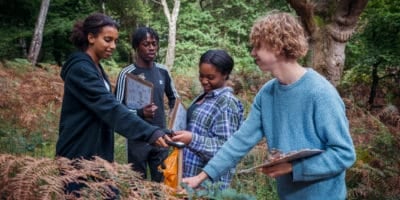
Secondary and Further Education Courses
Set your students up for success with our secondary school trips and courses. Offering excellent first hand experiences for your students, all linked to the curriculum.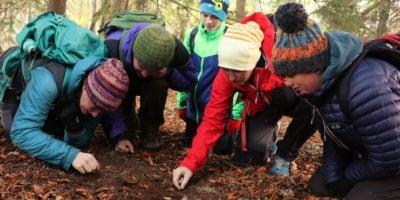
Group Leader and Teacher Training
Centre-based and digital courses for teachers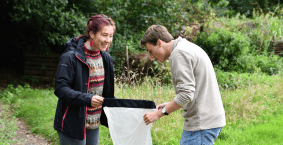
Experiences for Young People
Do you enjoy the natural world and being outdoors? Opportunities for Young People aged 16-25.